Seeking digital wellness? Then ignore the numbers
Android and iOS will track how long you spend on your phone, but that's not enough for wellness
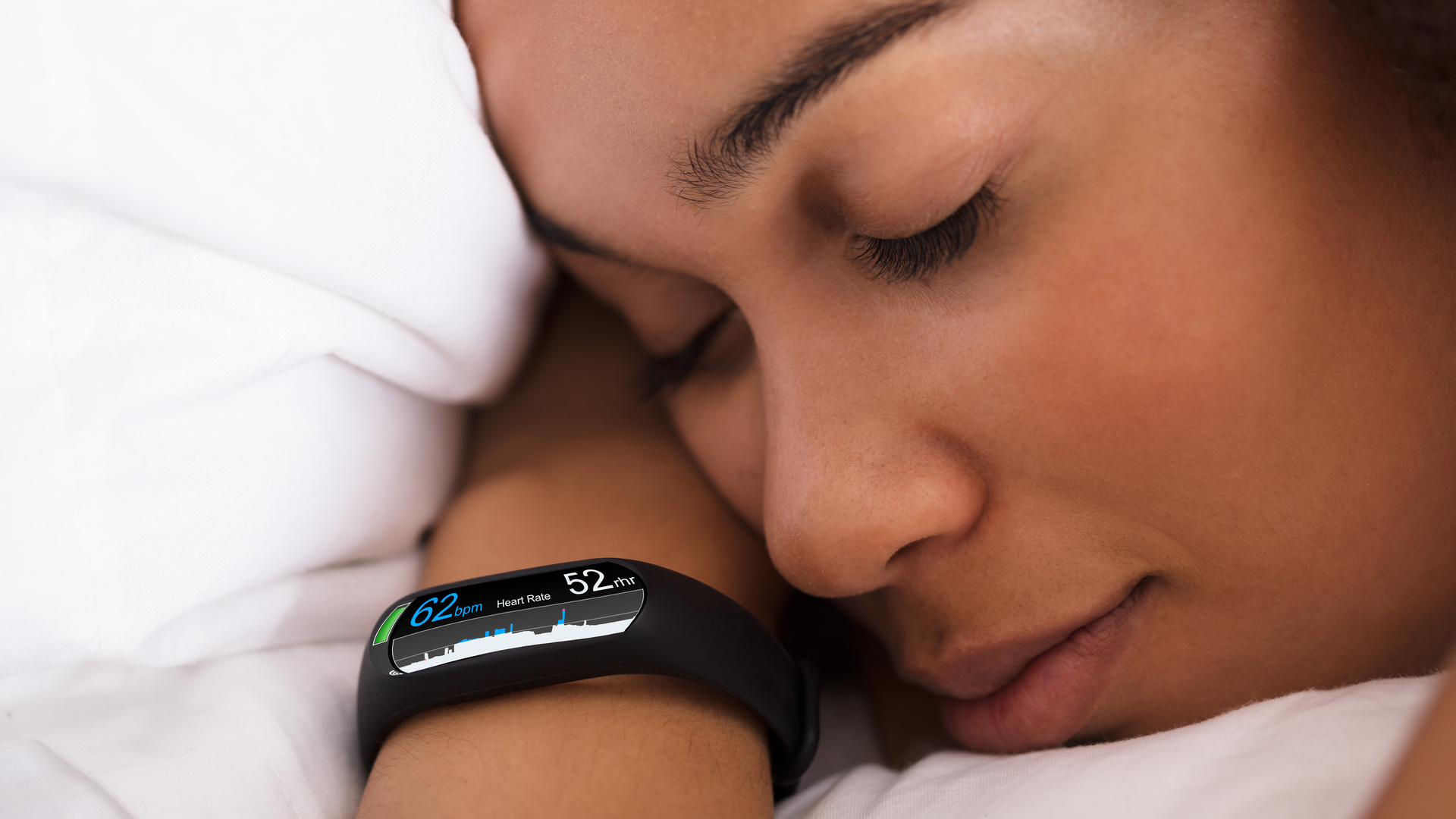

Do you spend too much time staring at your smartphone? Most people would say yes, including me, which is why I was intrigued to learn about so-called "digital wellness".
This awful term is the latest health trend, and Google, Apple and Facebook are leaping onto the bandwagon. You can understand why: it lets them chalk up a few positive headlines amid the doom and gloom about smartphones keeping us awake at night, social media impairing mental health, and the small matter of destroying democracy.
All three companies are rolling out digital wellness tools - rather convenient timing, if you consider it. Facebook, and its Instagram sibling, will track how much time you spend in its apps, charting it in your settings. Of course, they always tracked how much time you spent scrolling through your news feed, but now they're deigning to share that data with users. If you want to cut down how long you spend on each social network, you can request a notification when you exceed a certain amount of time.
Apple and Google are providing a similar service in upcoming versions of iOS and Android, but taking it a step further by sending out weekly breakdowns of how long you spend in apps, offering better Do Not Disturb tools, and letting you block apps once you've hit a set time limit.
A good thing? Sure. It's better to have these tools than not, and some of the data will likely shock social media addicts into setting aside their phones. Plus, these tech companies have always had this data on us so it's high time they share it; any tool that helps someone break a Candy Crush habit is good news.
Quantifying activity does help some people make changes, even if the numbers are sometimes a bit of nonsense. Look at step counters: you don't need to walk 10,000 steps a day - there is no magic that happens between 9,999 and 10,000 that makes your stomach smaller. That goal was invented by marketers in Japan because it looked good on a poster. If you want to get fitter, you just need to walk more than you're doing now, and get at least half an hour of activity a few times a week. If you only hit 9,500 steps, so what? You're doing better than most of us.
It's more important to set a baseline. Strap on that step counter for a week and see how many steps you take; then, do more. Even then, don't get too hung up on the numbers. Plenty of step counters - be they dedicated devices, smartwatches or smartphones - aren't all that accurate. Plus, there's a difference between a slow shuffle and a quick step, especially when it comes to fitness (and getting to work on time).
Sign up today and you will receive a free copy of our Future Focus 2025 report - the leading guidance on AI, cybersecurity and other IT challenges as per 700+ senior executives
That's a problem with digital-wellness trackers, too. Raw numbers are helpful, but they're shallow when it comes to understanding the impact on your mental health. These trackers can't tell if you're idly scrolling on Facebook or engaging with friends in a positive way. Just like step counters that measure footsteps but not heart rate, they don't track the meaningful metrics.
There's a difference between reading War and Peace on your Kindle app and gorging on your Instagram feed of friends in foreign climes. The latter inevitably leaves you feeling depressed about your ex-partners and jealous of your former school mates. There's no amount of time spent in such a state that's healthy; put the rectangle of sadness down and do something else. Anything else.
Simply counting our time spent on Facebook or on an iPhone isn't enough; we need to be thoughtful about what we do. Any tool to help reduce the time we spend on social media is welcome, but we should make sure we're cutting back on the self-indulgent scrolling and bad-for-self-esteem spying, rather than the creative digital activities and communications that research suggests are actually positive for our mental health and mood.
We're better off spending hours doing the latter than a few minutes doing the former. There's no right or wrong amount of time to spend on a smartphone, it's what you do that counts.
Freelance journalist Nicole Kobie first started writing for ITPro in 2007, with bylines in New Scientist, Wired, PC Pro and many more.
Nicole the author of a book about the history of technology, The Long History of the Future.
-
 Trump's AI executive order could leave US in a 'regulatory vacuum'
Trump's AI executive order could leave US in a 'regulatory vacuum'News Citing a "patchwork of 50 different regulatory regimes" and "ideological bias", President Trump wants rules to be set at a federal level
-
 TPUs: Google's home advantage
TPUs: Google's home advantageITPro Podcast How does TPU v7 stack up against Nvidia's latest chips – and can Google scale AI using only its own supply?
-
 SAS leans on synthetic data and digital twins to support business data demand
SAS leans on synthetic data and digital twins to support business data demandNews SAS has announced new synthetic data capabilities and support for digital twins in a bid to equip enterprises with concrete platforms for data-driven decision making.
-
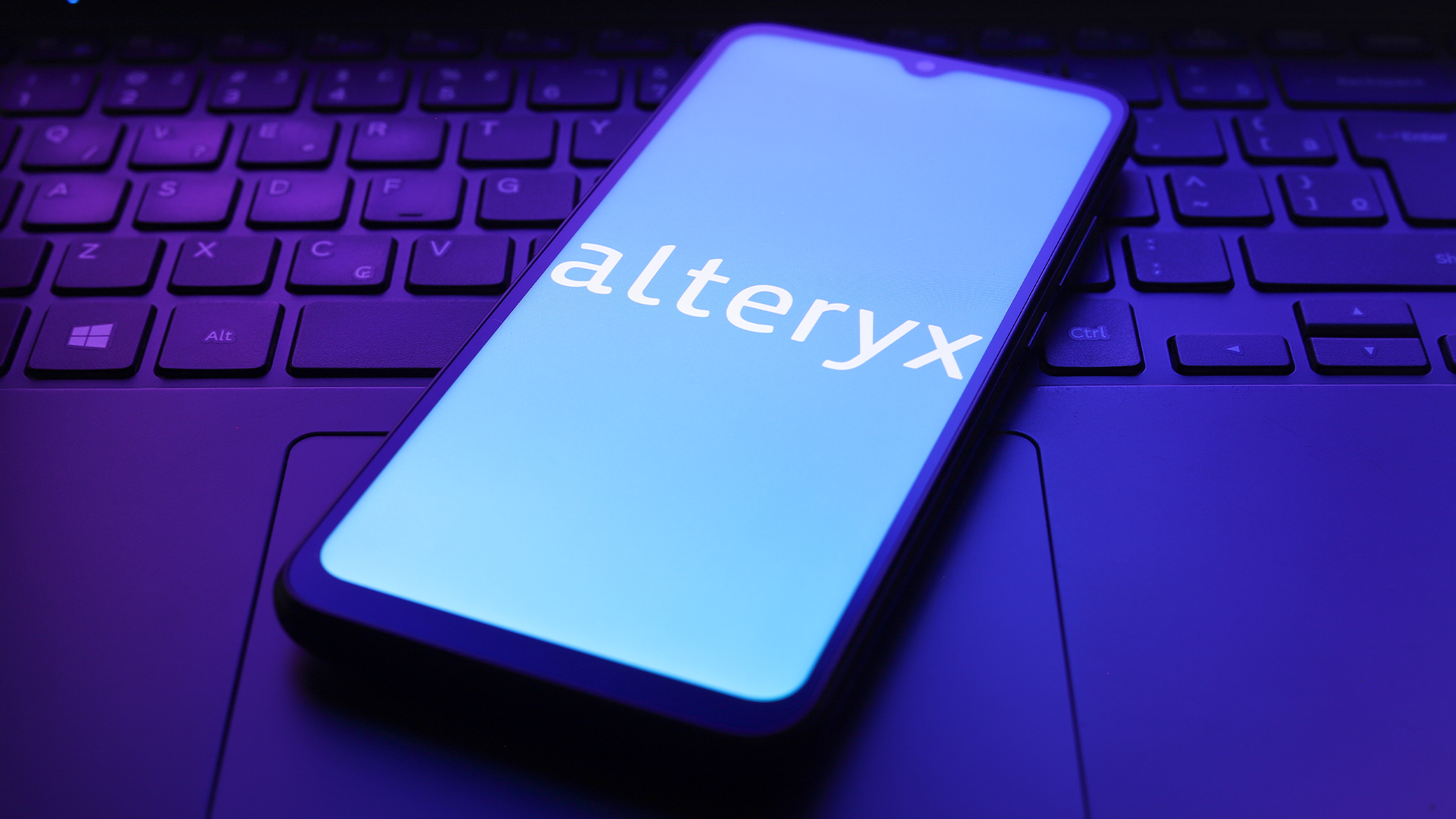 Alteryx unveils double leadership appointment in fresh growth drive
Alteryx unveils double leadership appointment in fresh growth driveNews Alteryx has announced the appointments of Jon Pexton as chief financial officer and Steven Birdsall as chief revenue officer.
-
 Three-quarters of data analysts are still reliant on spreadsheets and manual preparation – but AI tools are now transforming the profession, boosting productivity, and supercharging efficiency
Three-quarters of data analysts are still reliant on spreadsheets and manual preparation – but AI tools are now transforming the profession, boosting productivity, and supercharging efficiencyNews Data analysts are still largely reliant on spreadsheets and manual preparation techniques, but AI and automation are shaking things up.
-
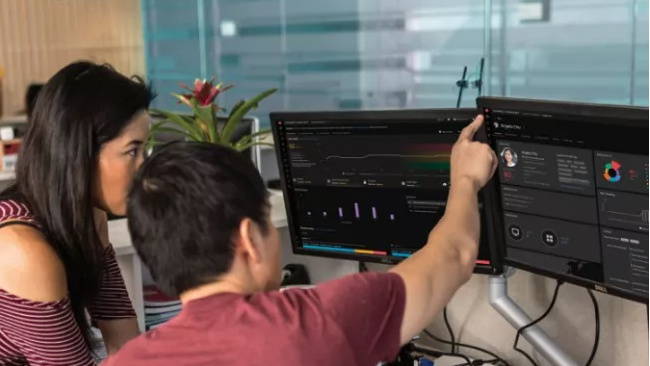 More than a number: Your risk score explained
More than a number: Your risk score explainedWhitepaper Understanding risk score calculations
-
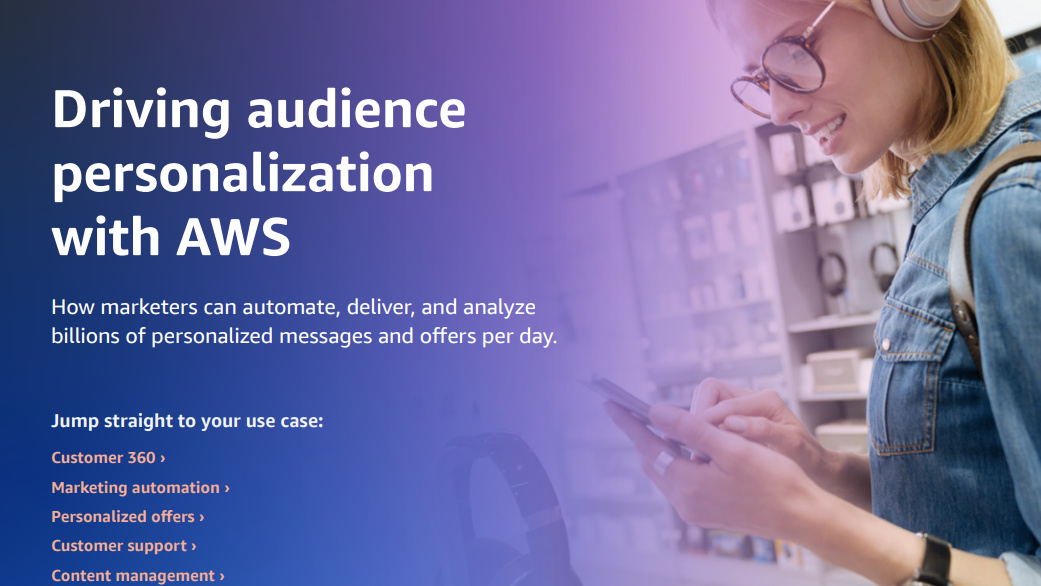 Automate personalization with AWS
Automate personalization with AWSWhitepaper How marketers can automate, deliver, and analyze billions of personalized messages and offers per day
-
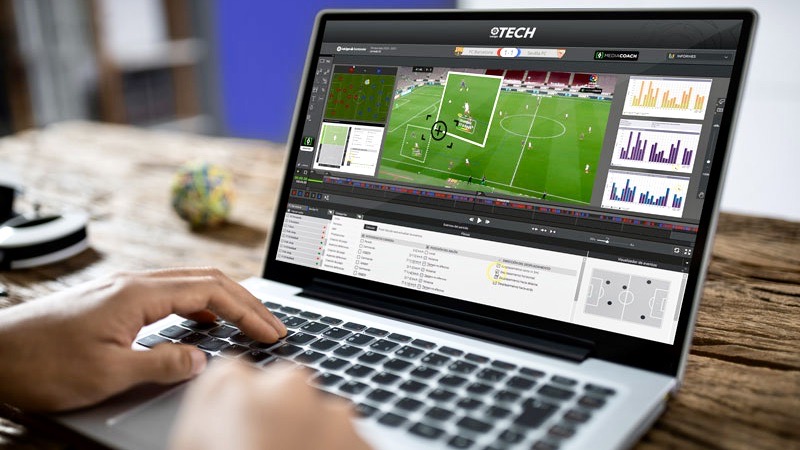 How LaLiga championed big data to transform data analytics in sport
How LaLiga championed big data to transform data analytics in sportCase Study Spain’s premier football division is hoping to transform not just football but sport as a whole with its data analytics efforts
-
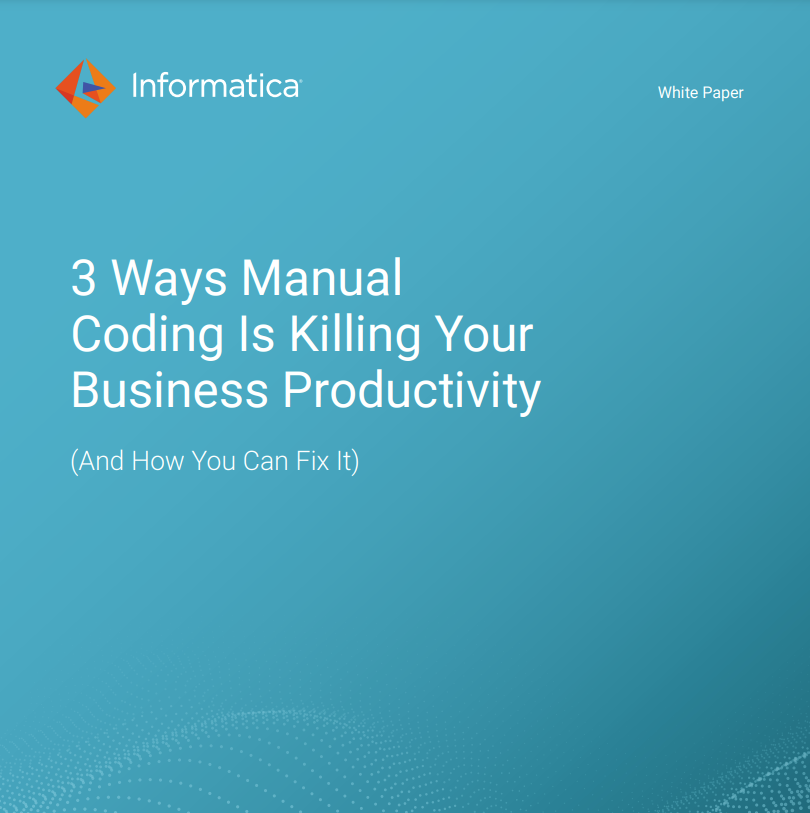 Three ways manual coding is killing your business productivity
Three ways manual coding is killing your business productivityWhitepaper ...and how you can fix it
-
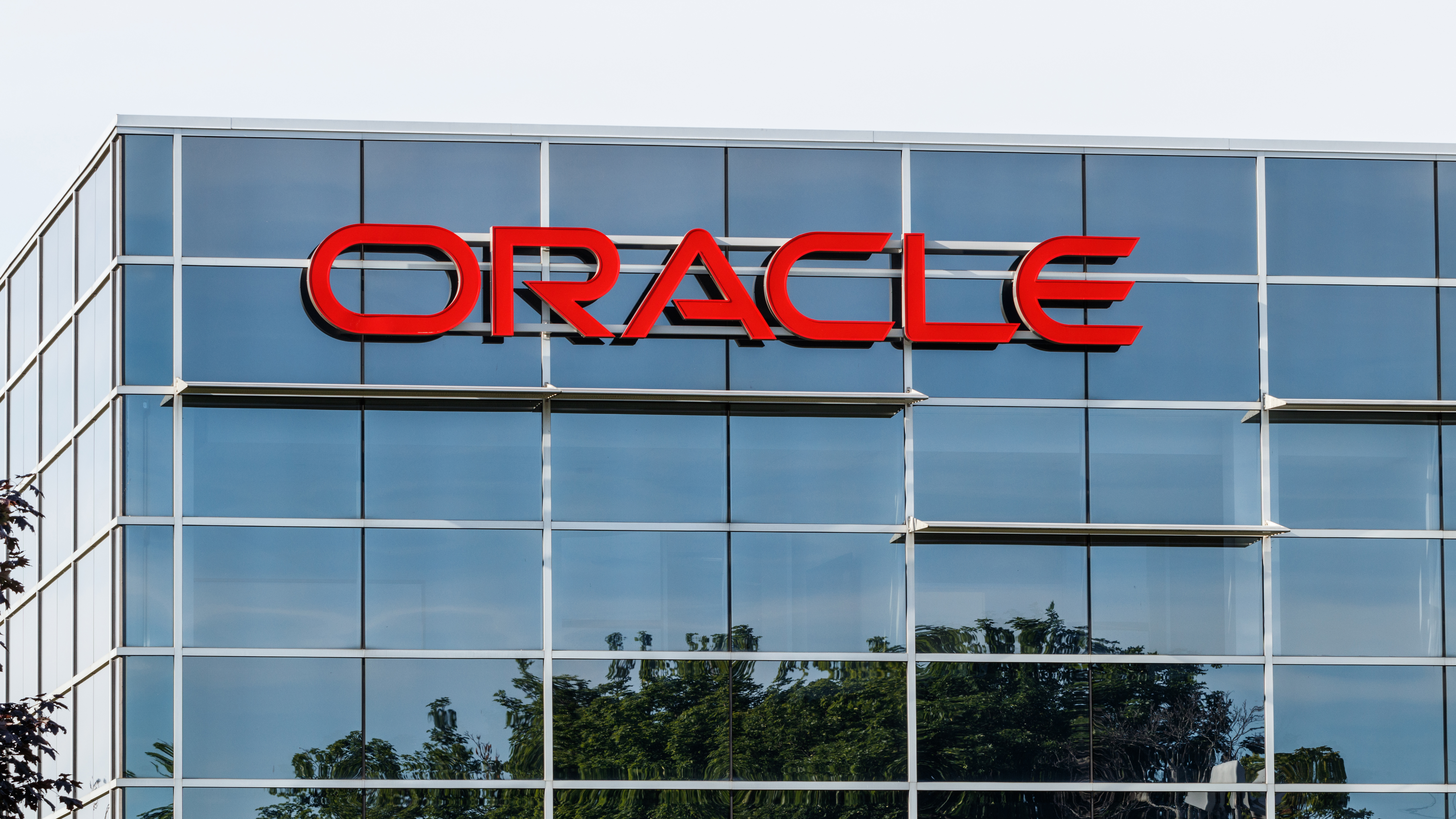 Oracle adds new capabilities to Smart Construction Platform
Oracle adds new capabilities to Smart Construction PlatformNews New analytics enable continuous improvement across project planning, construction, and asset operation
